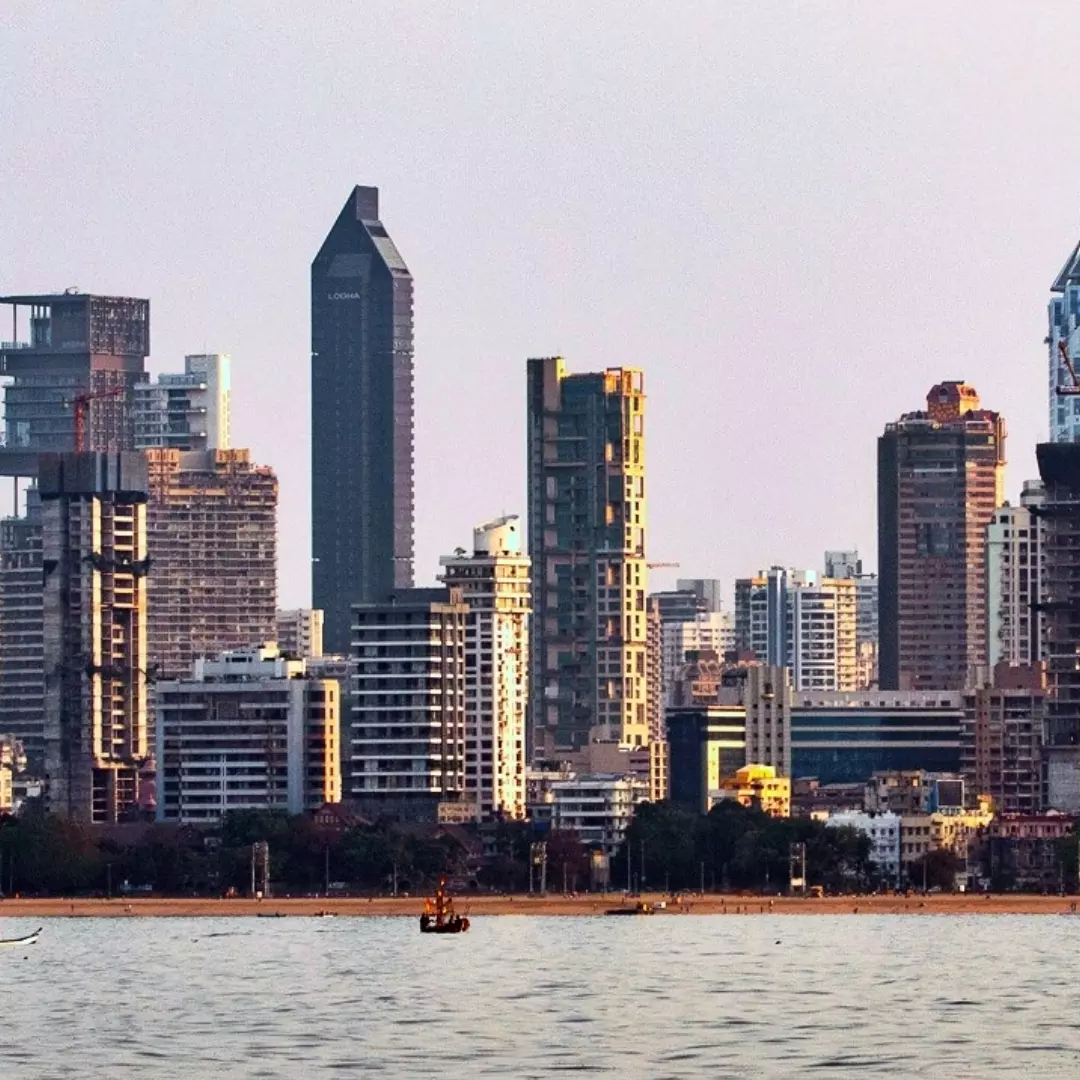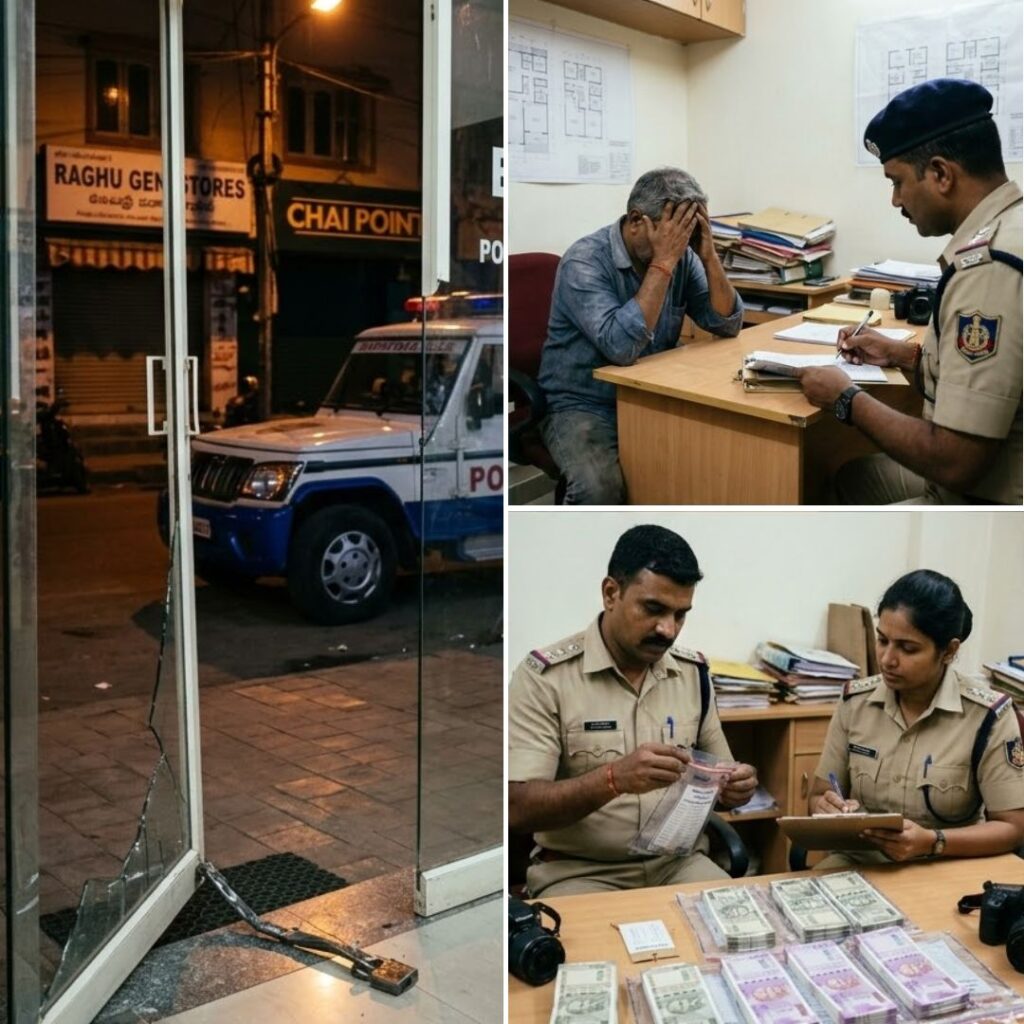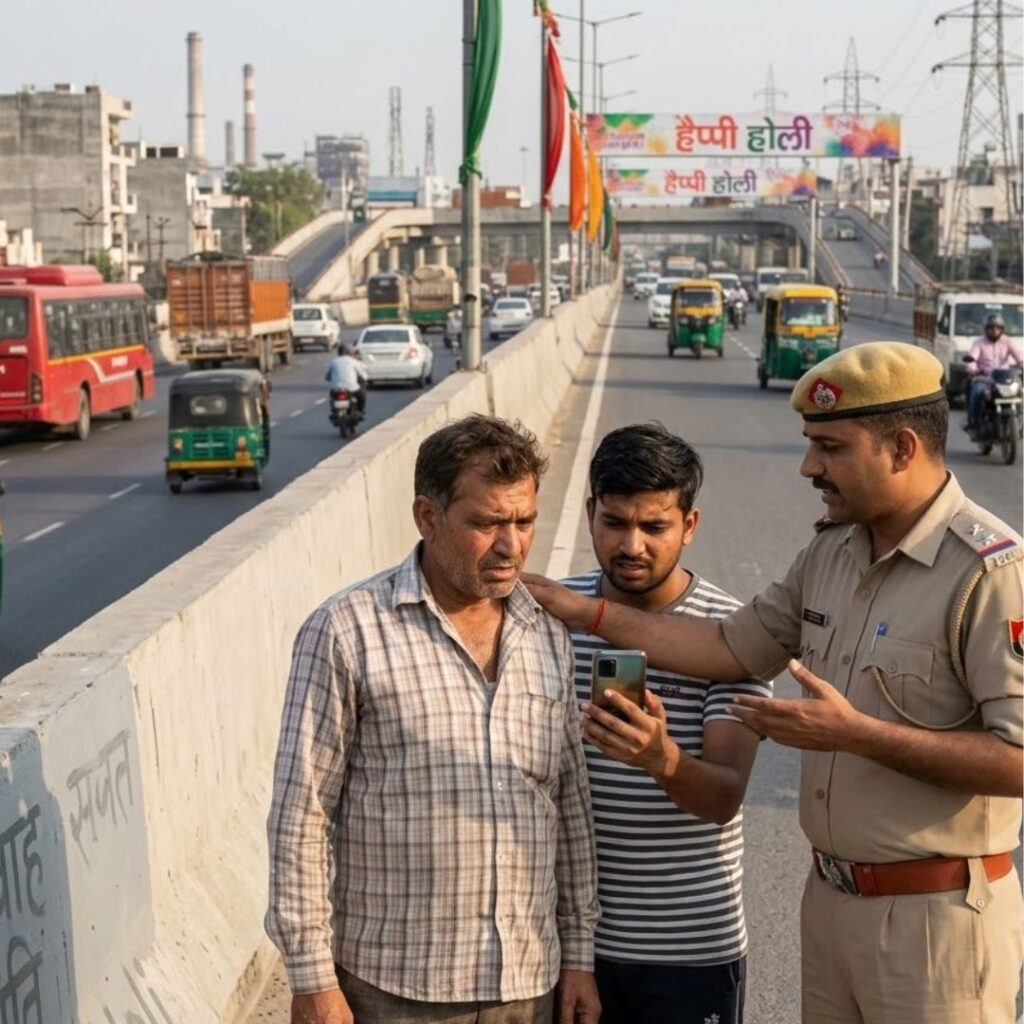Ahmedabad has emerged as the most affordable city to live in within India, according to a recent report by Knight Frank India,. The report, published by a leading property consultant, introduces the affordability index developed by Knight Frank, which gauges how affordable it is to live in a particular city.
This index takes into account the monthly installments (EMIs) a resident would need to pay for a home loan, divided by the total income of an average household in that city. The lower the index, the more manageable the living costs.
For instance, if a city has a Knight Frank Affordability Index of 40%, it means households in that city spend about 40% of their income on housing loan, EMIs. A ratio above 50% is considered unaffordable, leading banks to be cautious about underwriting mortgages.
Mumbai has been identified as the most expensive housing market, with an EMI-to-income ratio reaching 55%, meaning that more than half of an average household’s income goes towards home loan EMIs, reported NDTV.
Following Mumbai, Hyderabad holds the second spot with a 31% EMI-to-income ratio, while the Delhi National Capital region stands at third place with 30% of income spent on home loan EMIs.
Bengaluru and Chennai share the next position with a ratio of 28%, while Pune and Kolkata follow suit, both having an EMI-to-income ratio of 26%.
Ahmedabad in Gujarat emerges as the most affordable city, where an average household needs to allocate only 23% of its income to cover home loan EMIs. This assessment assumes a loan term of 20 years, a loan-to-value ratio of 80%, and a consistent house size across cities.
Over the past year, living costs have risen across these cities, with EMI-to-income ratios going up by approximately 1-2 percentage points. The Reserve Bank of India’s key lending rate increase of 250 basis points has played a role in this escalation.
In terms of housing sales, the report notes a decline in properties under ₹50 lakh due to higher sensitivity to rate hikes among buyers in this segment. However, the mid and premium segments have experienced consistent demand growth.
Shishir Baijal, Chairman and Managing Director of Knight Frank India, commends the Reserve Bank of India’s management of inflation, which has bolstered economic confidence. The report highlights a multi-year high in residential demand and resilient office demand, even amidst global market struggles. Despite this strength, the report also points out that further interest rate hikes could continue to impact affordability.
‘World Air Quality Report’
India’s pollution ranking has fallen from fifth to eighth place worldwide in 2022, as reported by Swiss company IQAir in its recent ‘World Air Quality Report’. The ranking is determined by measuring the concentration of PM 2.5, a pollutant of concern to scientists and health professionals.
Although the PM 2.5 levels have slightly decreased to 53.3 micrograms per cubic meter, they still exceed the World Health Organization’s safety threshold by more than 10 times.
The study covered over 7,300 cities, a significant increase from the previous year’s coverage of less than 2,200 cities in 2017. Indian cities prominently dominate the list.
The report estimates the economic toll of air pollution in India to be around $150 billion, with the transportation sector accounting for 20-35% of PM 2.5 pollution. Other pollution sources include industrial facilities, coal-fired power plants, and biomass burning.
Lahore in Pakistan and Hotan in China take the top two positions for the most polluted cities, followed by Bhiwadi in Rajasthan and Delhi in fourth place. Delhi’s PM 2.5 level stands at 92.6 micrograms, almost 20 times higher than the recommended safe limit.
Remarkably, India holds six cities in the top 10, 14 in the top 20, 39 in the top 50, and a staggering 65 in the top 100. Both Delhi and New Delhi make the top 10, reflecting a new classification. However, the title of the world’s most polluted capital now goes to N’Djamena in Chad, rather than Delhi.
Notably, the pollution difference between the two capitals is a mere 0.6 micrograms of PM 2.5. Additionally, N’Djamena’s population is under a million, while New Delhi’s exceeds four million.
Pollution levels in Delhi’s neighboring towns—Gurugram, Noida, Ghaziabad, and Faridabad—have decreased, ranging from 21% to 34%, compared to previous years’ average PM 2.5 levels. Meanwhile, Delhi has experienced a modest 8% reduction.
Also Read: Himachal Pradesh Rains: Death Toll Reaches 74, Damage Worth Rs 10,000 Crore Estimated
https://thelogicalindian.com/h-upload/2023/08/18/500x300_232898-web-51-2.webp
Trending
2023-08-18 09:13:05.0
Mumbai Becomes India’s Most Expensive City To Live In, Ahmedabad Most Affordable












